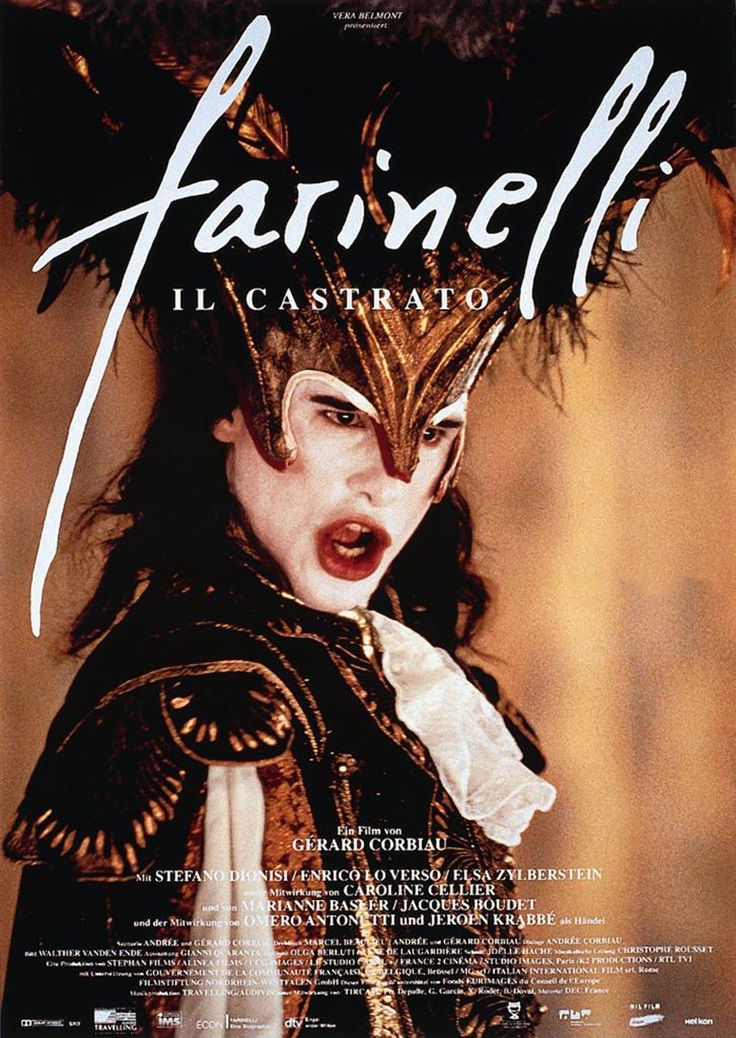
| None | Light | Moderate | Heavy | |
|---|---|---|---|---|
| Language | ||||
| Violence | ||||
| Sex | ||||
| Nudity |
Content:
(Ro, RH, Ho, L, VV, SSS, NNN, A, D, M) Romantic worldview featuring revisionist history, homosexuality & rampant sexual immorality; several profanities in French & Italian; suicide, attempted suicide & castration; graphic adultery & fornication with multiple partners; frontal female nudity & partial male nudity; alcohol use; opium use; and, gambling, theft & blackmail.
More Detail:
FARINELLI is based on the lives of two Italian brothers with a particularly tortured relationship. The older brother Riccardo was a second-rate composer. His younger brother Carlo, who later took the name Farinelli, was the most famous of the 18th Century’s castrato singers. Through flashback, the film focuses on several incidents in the opera singer’s extraordinary life. The most important moment is Farinelli’s boyhood castration. This gave him the sublime voice that made him the idol of thousands across Europe. It also gave Riccardo an opportunity to compose for his brother. After years of tolerating his brother’s music, Farinelli turns to Handel in search of excellence, but the famous composer is contemptuous of the singer’s ability. When Farinelli finally sings a concert of Handel’s music in London, the effect is so powerful that it permanently changes the lives of Farinelli, Riccardo and Handel.
FARINELLI is a sumptuous, complex and occasionally incoherent historical drama. Its convoluted structure, Italian and French dialogue and scanty subtitles make it hard to follow. Although the film has astonishing sets and gorgeous costuming, it is basically a cesspool of corruption. Nearly every sort of vice is depicted. The film’s one redeeming value is a sublime musical soundtrack that is highlighted by a “morphed” voice produced by combining the voices of a counter tenor and a soprano.



 - Content:
- Content: 



